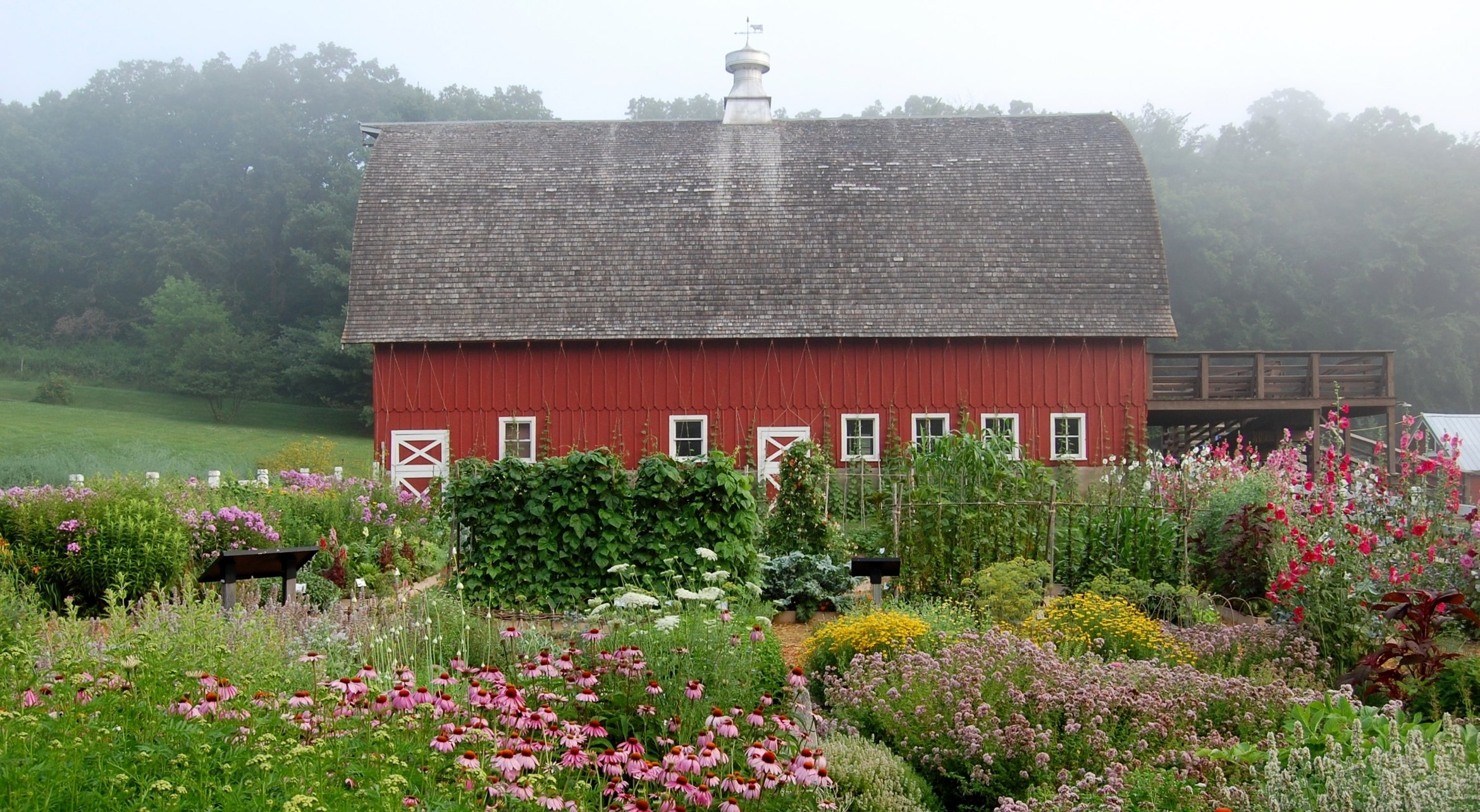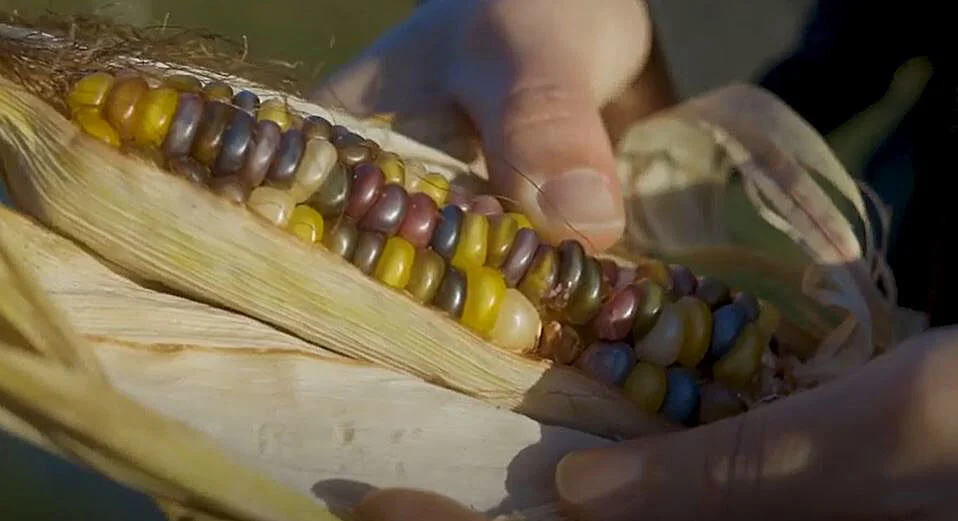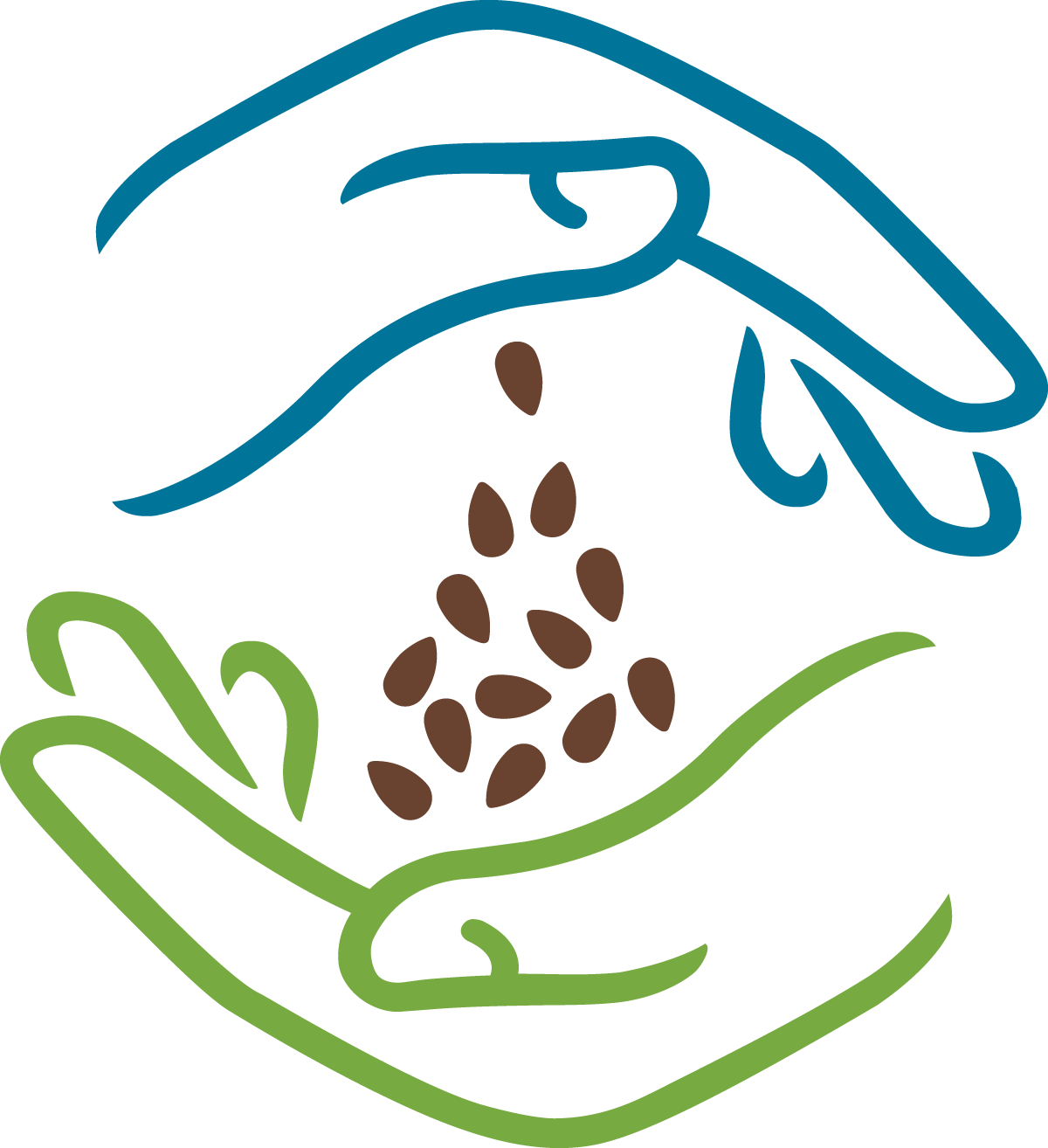Indigenous seeds return home
/‘Six Nations’ corn is one of several Indigenous varieties in the Seed Savers Exchange collection being grown out to return to its culture of origin.
“You can’t have food sovereignty without seed sovereignty,” says Jessika Greendeer, seed keeper and farm manager at Dream of Wild Health in Hugo, Minnesota. “That is why this work is so important.”
The “work” to which Greendeer refers is seed rematriation, a growing movement Rowen White, founder of Sierra Seeds, explored in a recent edition of the Heritage Farm Companion, Seed Savers Exchange’s member magazine. “In the Indigenous seed-sovereignty movement, we have begun to use the word ‘rematriation’ as it relates to bringing our seeds home again,” she wrote. “That’s because in many communities, including my own Mohawk tradition, the responsibility of caring for the seeds over the generations is ultimately within the women’s realm.”
It was in 2017 that White, also chair of the Seed Savers Exchange board, asked if the organization could help to reconnect several seed varieties in its collection back to their cultures of origin through the Native American Food Sovereignty Alliance (NAFSA) rematriation program. Since that time, three Midwestern farmers—Greendeer as well as Shelley Buffalo with the Meskwaki Settlement in Tama, Iowa, and Becky Webster on the Oneida Reservation in Wisconsin—have been hard at work growing Indigenous varieties like ‘Cornplanter Purple’ bean, ‘Osage Brown’ corn, and ‘Illinois’ watermelon. The partnership, says Buffalo, has been “a joy” due, in large part, to the connections she has formed.
In 2020, Seed Savers Exchange partnered with NAFSA to produce a video about their ongoing seed rematriation work, supported with funds from the North Central Sustainable Agriculture Research and Education (NC-SARE) program. Its goal? To share the importance of seed rematriation and explore the impactful, lasting, and meaningful work these three Indigenous women are doing to bring (and keep) their ancestral seeds back home, into the hands and gardens where they belong.
This material is based upon work that is supported by the National Institute of Food and Agriculture, U.S. Department of Agriculture, under award number 2019-38640-29879 through the North Central Region SARE program under project number ONC20-071. USDA is an equal opportunity employer and service provider. Any opinions, findings, conclusions, or recommendations expressed in this publication are those of the author(s) and do not necessarily reflect the view of the U.S. Department of Agriculture.














